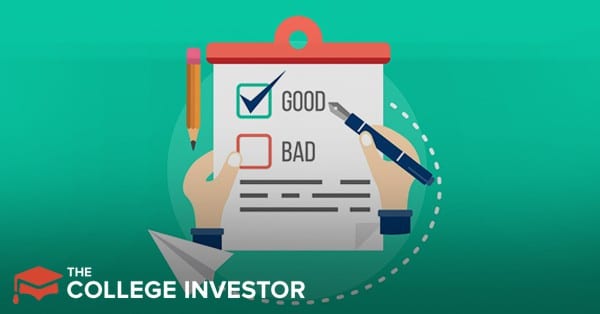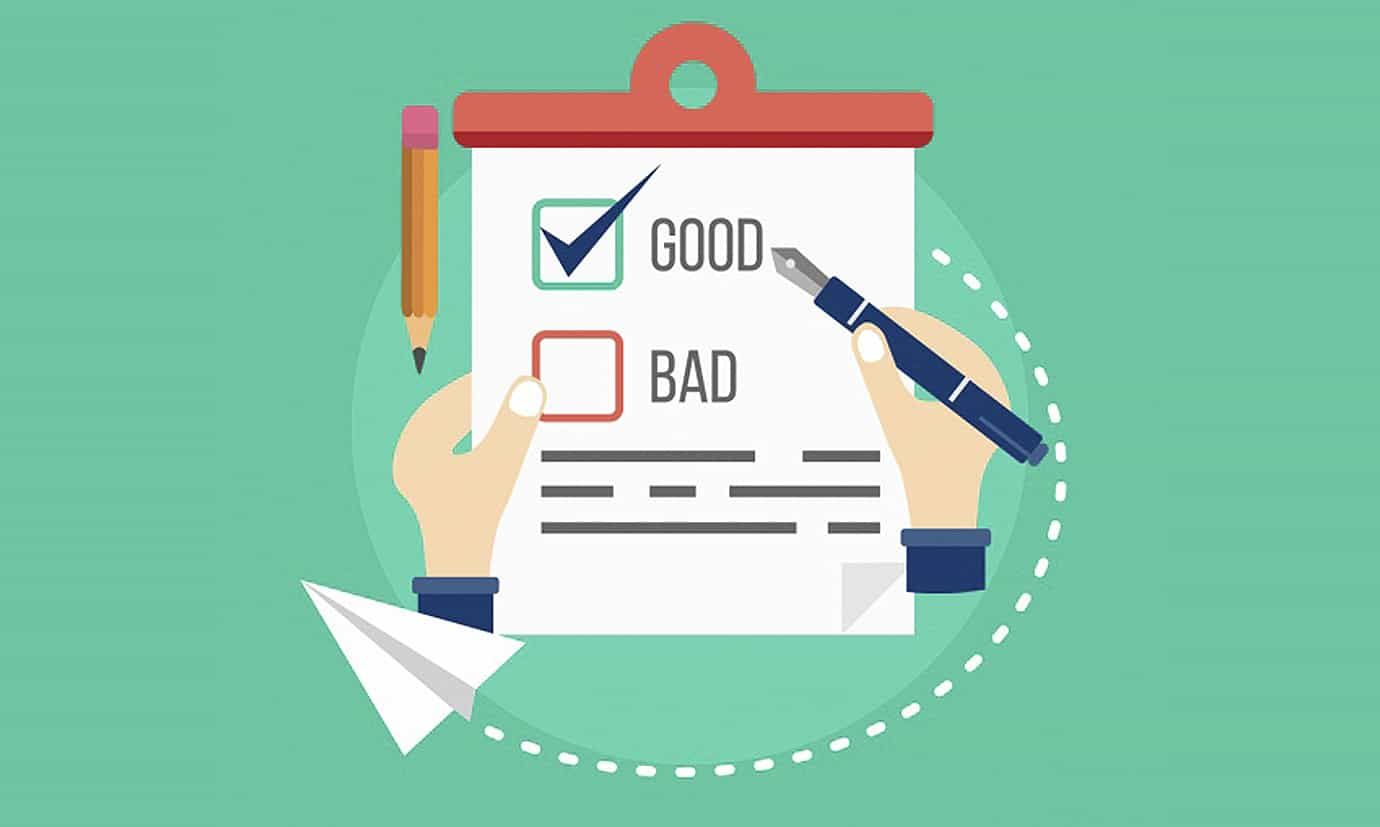
You need to know your credit score, but why do you need to know your credit score report?
The answer is simple- you need to know what these numbers mean, and make sure there are no errors on your report which may negatively impact your score. With your free credit score report, you are one step closer to paying off your debt!
Ideally, you are regularly monitoring your credit score to observe any negative changes and correct the situation immediately.
Anything from falsely reported debt, liens, and delinquent accounts can negatively impact your credit score. Your credit score report will have all the information you need to see how your credit history impacts your credit score.
Many people mistaken a credit report for a credit score, but they’re not the same thing. Credit scores are calculated based on your credit history. Lenders use credit scores to make a decision about extending credit and interest rates to the borrower. Your credit report is a detailed report based on your credit history based on the information lenders report to credit bureaus.
We’ve got you covered with three different ways to get your credit score report for free so that you can check for irregularities, erroneously reported debt, and find ways to improve your credit score.
1. Get Your Annual Credit Report For Free
You can order your free credit reports online from annualcreditreport.com, the only authorized website for free credit reports. This is the only site authorized to issue free credit reports, so be aware of imitation websites that charge unnecessary fees. Be prepared to provide and verify your personal information, such as your social security number and address.
Under the Fair Credit Reporting Act (FCRA), you are legally entitled to at least one report every 12 months from each of the three major credit bureaus: Equifax, Experian, and Transunion. In addition, the United States Federal Trade Commission (FTC) recommends that you check your credit report at least once a year to prevent identity theft and ensure your information is accurately reported to the credit bureaus.
You can also request your free credit report by phone or by mail. The three reporting bureaus get their information from different places, and also present and evaluate the information in different ways. If you are making a large purchase, such as a car or home, it is a good idea to get your credit report from all three agencies. Save and print your reports so that you can review them later.
A great way to check your report more frequently is to get one report every 4 months from each individual credit bureau. For example, you can get one report in January from Equifax, then another report in May from Transunion, and a third in September from Experian. That way you can keep a record of what's happening more consistently.
If you obtained a free credit report in the last 12 months, you may still be eligible to obtain an additional credit report if one of the following circumstances applies:
The FCRA provides for certain situations in which consumers are entitled to another free credit report, even if they have already obtained one from that reporting agency in the last 12 months. Here are some circumstances where a free credit report may apply:
2. Get Your Credit Score Report For Free From Your Credit Card Company
You shouldn’t apply for a new card just to get your credit report, but you could use your existing card as a gauge of where you stand, especially if your existing credit card offers a free monthly credit score or a complimentary copy of your credit report.
Some of the most popular credit cards offer free monthly credit scores, including American Express, Bank of America, Chase, Citi, and Discover. Our favorite is using Chase Journey.
Remember that the scores are not FICO scores, but they are free credit scores that can be helpful monitor your score and watch for changes and fraudulent activity.
3. Use A Credit Monitoring Service
Finally, there are free credit monitoring services that can give you a glimpse of what your credit score could be. The two main companies are CreditKarma and Credit Sesame. Both use VantageScore, which is similar to your FICO score, and is based on your credit history.
Both of these companies are free to use, and can help you monitor and improve your credit. We recommend Credit Karma because they show less ads.
Monitor Your Credit Score at Credit Karma. CreditKarma.com offers you two free credit scores, based on your TransUnion and Equifax credit reports that are updated weekly (VantageScore). As a bonus, Credit Karma also offers free e-mail credit monitoring alerts of your TransUnion data.
Understanding The Information On Your Credit Report
Review the chart below to see how your credit score stacks up:
Check Your Credit Report And Keep Records
Check your credit report each year from all three credit bureaus. Also, print and archive your credit report for your records. These reports will be especially useful if you need to dispute a report with a credit company or the bureau itself.
A mistake on your credit report could negatively impact your credit score, and it could go by unnoticed and then it will be more difficult to correct the mistake.
Know what all the information on your report means. Here is the most commonly found information on your reports:
Your Personal Information: Make sure your personal information is accuate. This includes: verifying your legal name(s), addresses, social security number, date of birth, and places of employment.
Review Your Credit Accounts and Payment History: These include mortgage accounts and home equity loans, revolving accounts (credit cards) and installment accounts where the among and term of payments are fixed, such as car or student loans. Each credit account will also indicate whether the accounts are open, closed or delinquent.
Credit inquiries: When you apply for a loan and authorize a lender to ask for your report, these inquiries are considered "hard inquiries". If there are too many inquiries in a short period of time, these inquiries may negatively impact your credit score. Soft inquiries, such as preapproved credit offers, do not impact your credit score.
Public Record And Collection Action: This includes bankruptcies, foreclosures, lawsuits, wage attachments, liens, judgements, and information on overdue debt from collection agencies.
Watch out For Identity Theft And Credit Fraud
Examine your report for signs of identity theft or credit fraud. The first thing to do with your credit report is review your report and make sure there is no inaccurate information.
This will help to protect your credit score and to prevent identity theft. If you have damaged credit, you will be able to use the corrected information to fix your credit score. Make sure you check the following information:
Promptly Correct Inaccurate Information
If you find inaccurate information, call or write to the credit bureaus. They will investigate the items and forward your dispute to the reporting agency.
You can also report the inaccurate information to the creditor. If they refuse to remove the item, you can ask that a statement of your dispute be included in all future credit reports.
Final Thoughts
Now you know how to get a free credit report, and you also have the tools you need to understand and improve your credit score.
Have you gotten a free copy of your credit report yet? How will you use this information to reach your next big financial goal? Tell us in the comments below!

Robert Farrington is America’s Millennial Money Expert® and America’s Student Loan Debt Expert™, and the founder of The College Investor, a personal finance site dedicated to helping millennials escape student loan debt to start investing and building wealth for the future. You can learn more about him on the About Page or on his personal site RobertFarrington.com.
He regularly writes about investing, student loan debt, and general personal finance topics geared toward anyone wanting to earn more, get out of debt, and start building wealth for the future.
He has been quoted in major publications, including the New York Times, Wall Street Journal, Washington Post, ABC, NBC, Today, and more. He is also a regular contributor to Forbes.
Editor: Clint Proctor Reviewed by: Chris Muller
